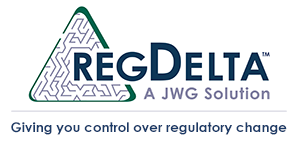JWG analysis.
Last month (20 June), the Hong Kong Monetary Authority issued a new Supervisory Policy Manual (SPM) on the topic of recovery planning (Module RE-1: Recovery Planning) following a consultation with Hong Kong’s two industry associations.
This follows the Financial Stability Board’s push to implement standards in the area of recovery and resolutions plans for “systemically significant” financial institutions. The guidelines are in reference to Authorised Institutions (AI). The key sections of the SPM are:
- Require all AIs to undertake some degree of recovery planning but the extent of AIs’ recovery plans will be proportionate to the nature, scale and complexity of their operations
- Explain the need for the involvement of the Board and senior management in developing, reviewing, approving and maintaining an AI’s recovery plan
- Outline key requirements on the menu of recovery options which should be: included in an AI’s recovery plan (including some key aspects that need to be considered in relation to business disposal options)
- Set out aspects to be considered in identifying triggers for escalation of concerns and activation of the recovery plan
- Provide guidance on how the impact of a recovery action should be assessed;
- Provide minimum requirements for stress scenarios
- Outline minimum requirements for a communication plan should the recovery plan need to be activated.
It refers to the FSB’s “Key Attributes of Effective Resolution Regimes for Financial Institutions” document, where number 11 sets out the technical standards for recovery plans regarding global systemically important financial institutions (G-SIFIs). The HKMA also includes specific reference to the FSB’s stress testing scenarios and capital adequacy, which will be picked up by the ontology within our RegDelta structural library, and delta analysis can be constructed against the standards that the FSB have issued on recovery planning.

